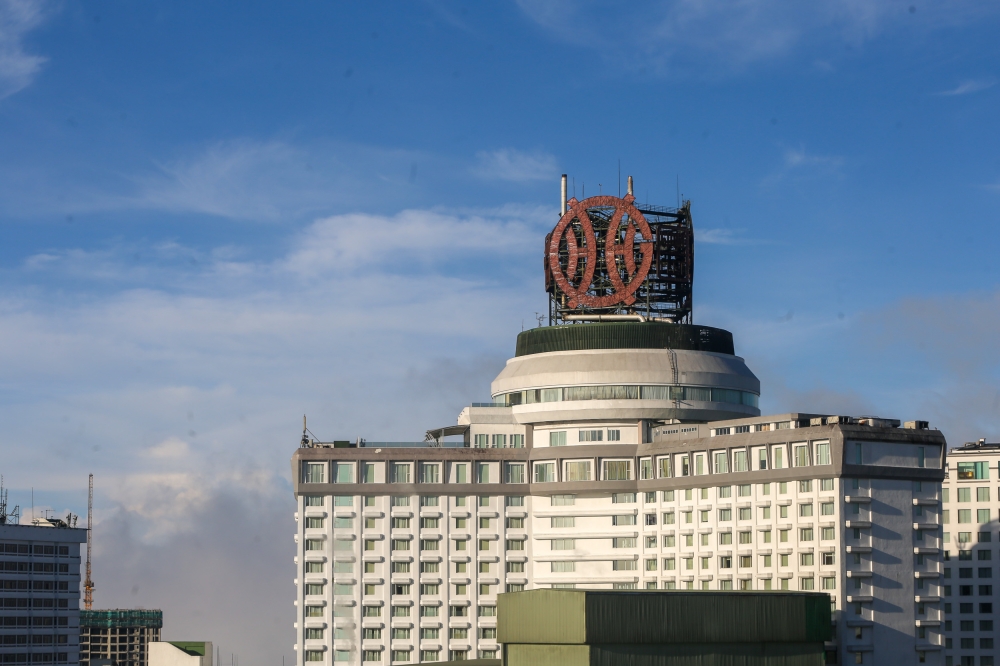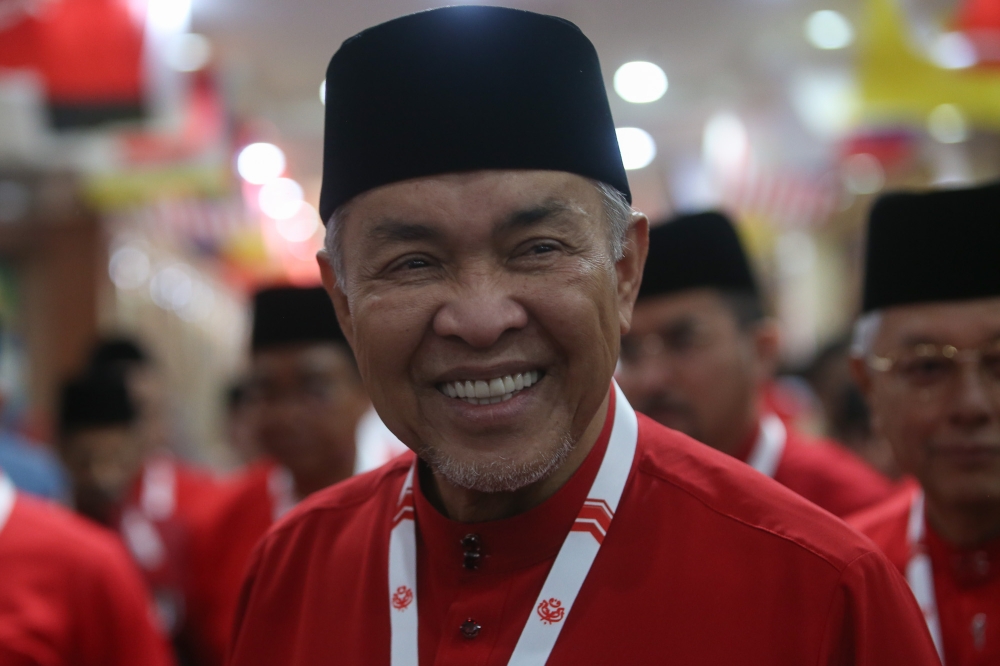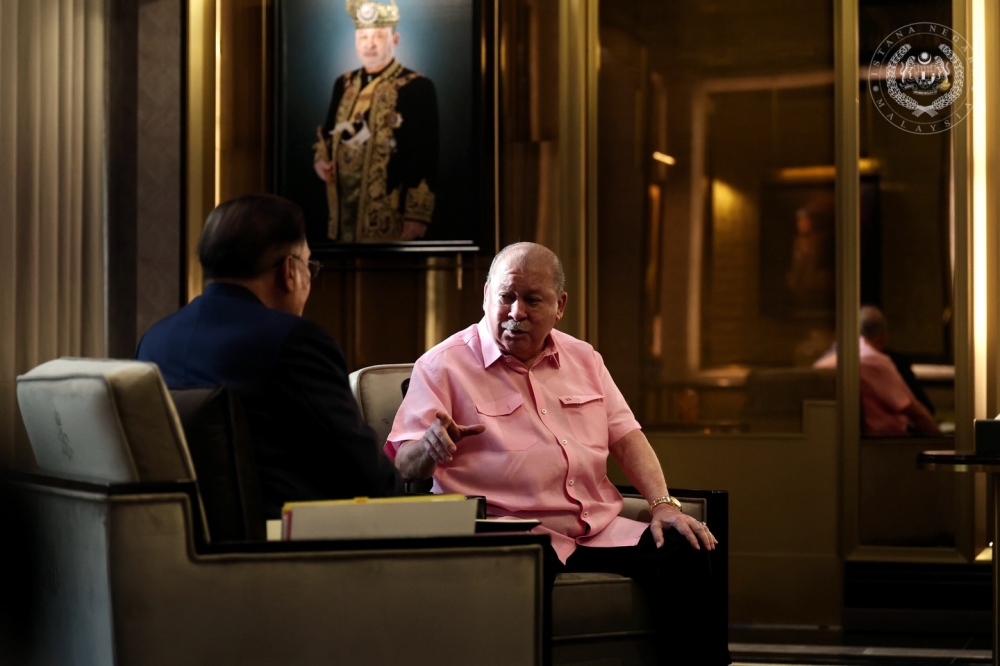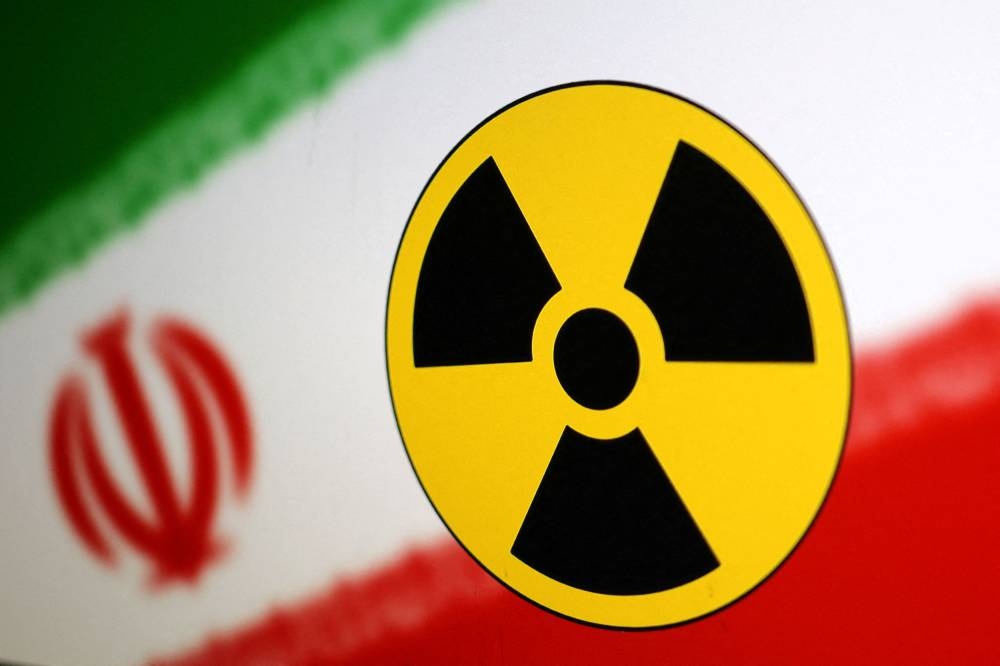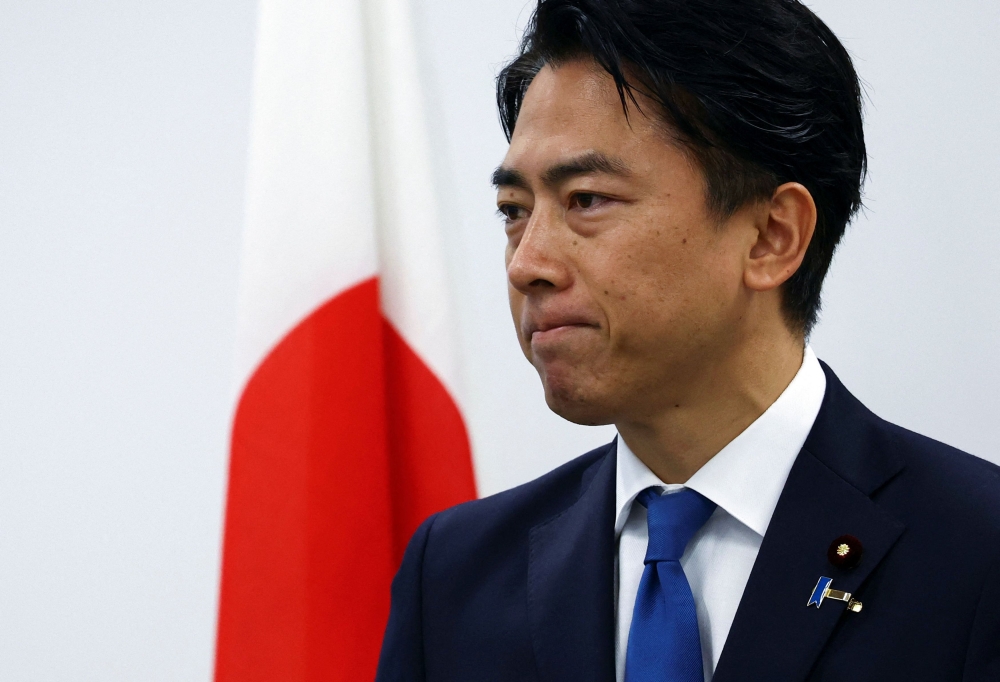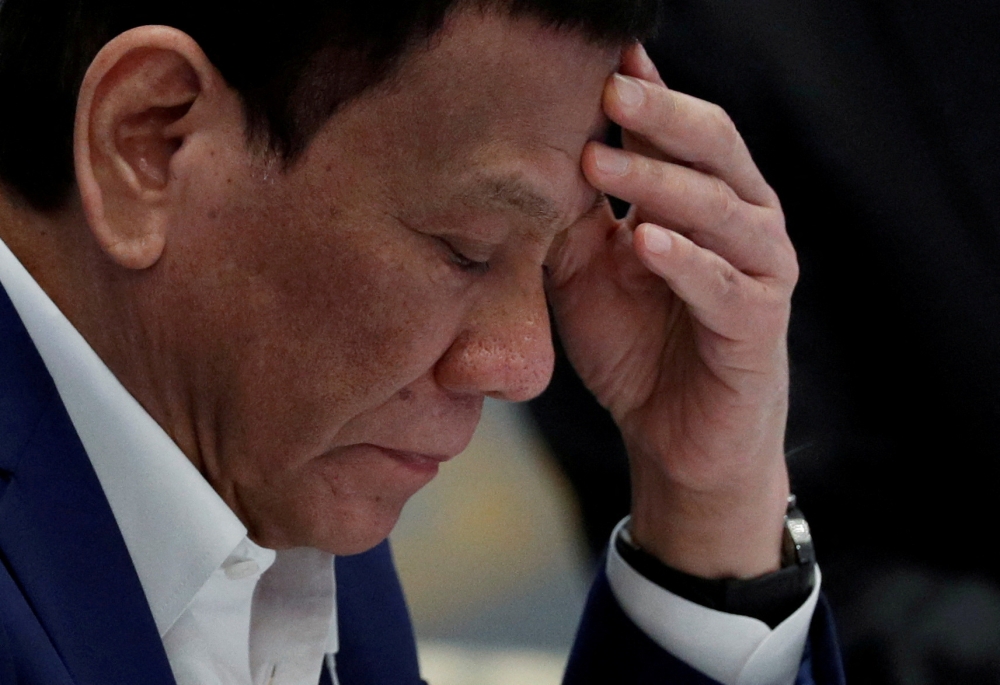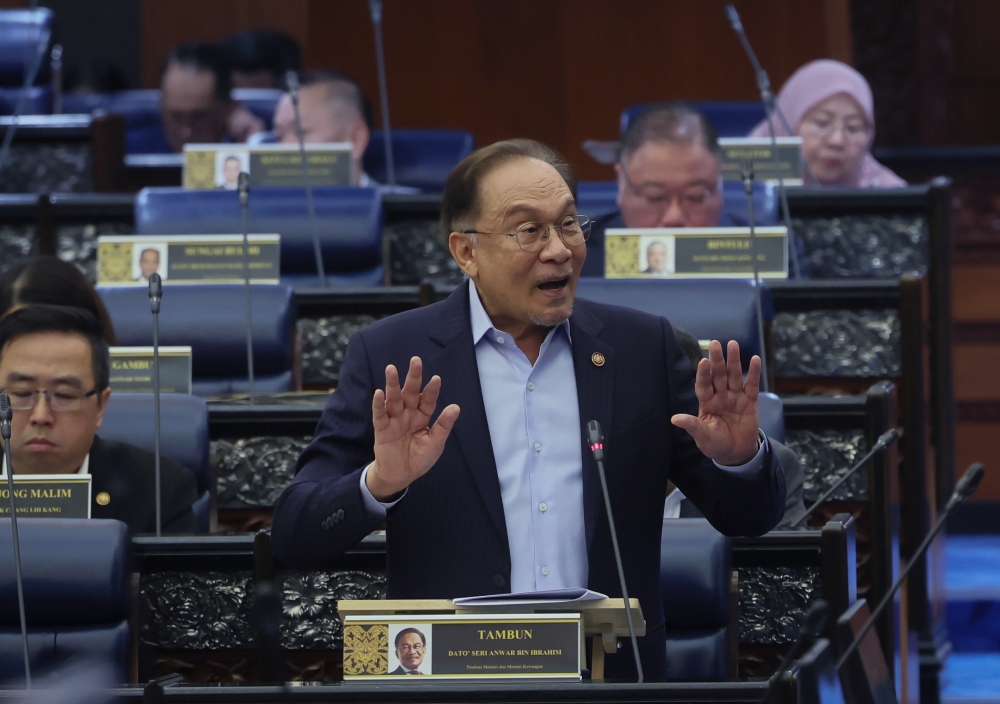JERUSALEM, Aug 27 — Israel is waging a “last-minute” offensive to convince its allies to halt talks on reviving the Iran nuclear deal with a flurry of diplomatic trips, calls to Western leaders and press briefings.
As the United States responded to Iran’s suggestions on reviving the landmark 2015 deal, Israel warned Wednesday of the consequences of going back to the accord.
In 2018, when then US president Donald Trump unilaterally withdrew from the agreement that is designed to prevent Iran from developing a nuclear weapon, Israel celebrated.
His successor Joe Biden has sought to return to the deal, and after almost a year and a half of talks, recent progress has put the Jewish state on edge.
“On the table right now is a bad deal. It would give Iran US$100 billion a year,” Israeli Prime Minister Yair Lapid told journalists.
The money would be used by Iran-backed militant groups Hamas, Hezbollah and Islamic Jihad to “undermine stability in the Middle East and spread terror around the globe”, he said.
Lapid said he had spoken in recent days with the leadership of Britain, France and Germany, to reaffirm his country’s opposition.
“I told them these negotiations have reached the point where they must stop and say ‘enough’,” he said.
Israel is dispatching Defence Minister Benny Gantz on Thursday to Washington, where his team said Iran would be on the agenda of bilateral talks.
Lebanon talks
US officials announced a potential breakthrough on Tuesday, saying Iran had dropped demands to block some UN inspections of its nuclear facilities.
Tehran has also relaxed its insistence on a key sticking point — that Washington remove its powerful Islamic Revolutionary Guard Corps from a terrorism blacklist.
Lapid on Wednesday rebuffed such developments.
“In our eyes, it does not meet the standards set by Biden himself: preventing Iran from becoming a nuclear state,” he said.
A senior Israeli official at the prime minister’s briefing said the draft text does not stipulate the destruction of centrifuges used to enrich uranium, allowing Iran to “restart” them at any time.
Lapid’s predecessor Naftali Bennett, a hardliner on Iran, this week pressed Biden to refrain from signing a deal “even at the last minute”.
Former premier Benjamin Netanyahu, Lapid’s main rival in upcoming elections, also added his criticism, saying that the agreement “allows Iran to receive everything and give nothing”.
Netanyahu on Wednesday said that when it comes to the Iranian issue, “there is no difference between the right and the left” in Israel.
Progress in the Iranian negotiations comes as Biden prepares for midterm elections in November, the same month Israelis go to the polls.
Israeli officials are concerned any sanctions relief offered to Iran could see the Islamic republic boost funds to its regional allies, including Hezbollah in Lebanon.
But despite Lapid’s sense of urgency in halting the Iran deal, Israel is at the same time conducting indirect border negotiations with foe Lebanon.
The US-backed talks on demarcating the maritime border could pave the way for the exploitation of gas fields on both sides of the frontier.
A senior Israeli official on Wednesday told AFP there was no contradiction over engaging in talks with Lebanon, where Hezbollah is a powerful force, while opposing those with Iran in part due to its ties with the group.
Israel supports the possibility of foreign firms exploiting offshore reserves for Lebanon, providing a way out of Beirut’s economic crisis, but the official did not foresee gas revenues reaching Hezbollah.
“I see no reason for having any confrontation with Hezbollah on this,” the official said. — AFP

